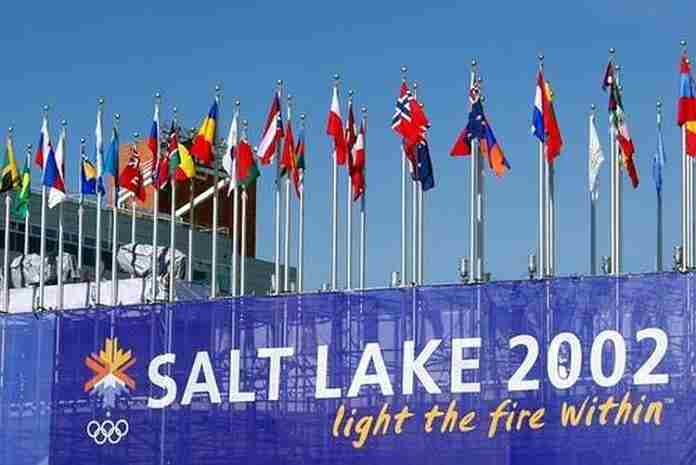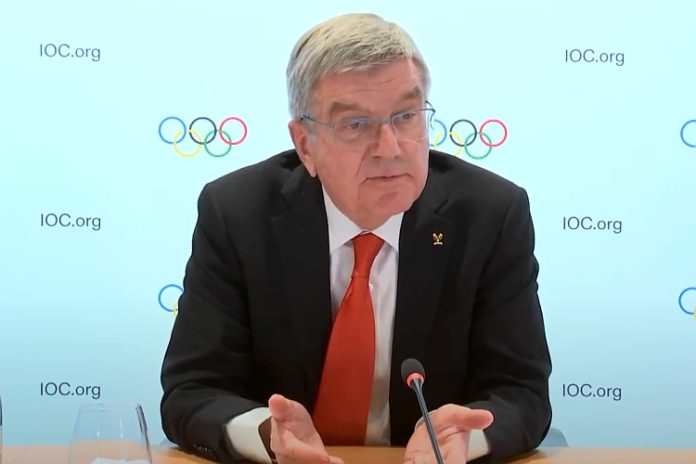Happy to share a guest opinion from Jean-Loup Chappelet (SUI), Professor of Public Management at the Swiss Graduate School of Public Administration (IDHEAP) of the University of Lausanne. His opinions, of course, are his own.
The men’s football World Cup is now underway in Qatar. Beyond the fundamental issues of environmental sustainability and the human rights of residents and visitors (e.g. construction workers, LGBTQ+ people,), it once again raises the question of why stage risky and extremely costly mega sports events if public opinion is likely to vilify the host country, a risk that is particularly great when that country has an autocratic government.
There is of course the old adage that there is no such thing as bad publicity, but here the criticism (from participating teams, from cities refusing to set up fan zones, and from the media) was so overwhelming that FIFA found it necessary to ask people to concentrate on the football. Even the Emir of Qatar, with the help of paid social media, intervened to insist on the Middle East being allowed the right to host major events (whatever they cost). In fact, for the last 20 years this tiny country (smaller than New Jersey) has had a policy of attracting and staging major sport events at
the cost of millions and to the joy of sport federations that were struggling to find hosts for their championships. This policy has resulted in Qatar being attributed numerous world championships, including triathlon (2006), volleyball (2011), squash (2012), swimming (2014), handball (2015), fencing (2017), gymnastics (2018), and athletics (2019), as well as the Asian Games (2006 and 2030). The 2022 World Cup — attributed 12 years ago — crowns an unequalled series that lacks only the
Summer Olympic Games (despite two bids).
Saudi Arabia has recently adopted a similar policy and should host the 2034 Asian Games and the 2029 Asian Winter Games (!). Other cities (Chicago), regions (Scotland), and countries (Denmark) introduced policies based on hosting sports events many years ago, but they are increasingly focusing their efforts on more reasonable events that can be staged using existing facilities, as the IOC now recommends for the Olympic Games. Recurring events are another prized target because they enable areas to build expertise and because they can gradually turn into heritage events (e.g., the Boston Marathon and U.S. Open).
Sports events need to become more sustainable, that is, they must provide economic and social benefits while reducing their environmental impact. A sports event’s largest environmental impact is caused by travel, as participants and spectators often come from far afield and they often travel by plane, due to the lack of alternatives (see the 2022 U.N. Climate Change Conference: COP 27). In fact, the best event from an environmental point of view would be one that did not happen. Therefore, to continue bringing people together for sports events, they must fulfil two requirements: They must do everything possible to reduce or compensate for the impacts of transportation, waste, energy production, etc., and they must ensure economic and social impacts benefit the largest possible number of host area residents and not just a few “winners” such as the tourism sector. They must also have positive social impacts, such as promoting volunteerism and creating other intangible legacies. These are the criteria against which future sports events will be judged and accepted or rejected.
Will football once again work its magic during the coming days? Will it make people forget the economic, social, and environmental aberrations of the 2022 World Cup? It is by no means certain. It could, on the other hand, mark a salutary turning point in the much-needed debate on public policies to attract large-scale events owned by private sport organizations.
[≡The Sports Examiner encourages expressions of opinion – we really do – but preferably based on facts. Comments may be sent to [email protected] We do not guarantee publication of any comment, but all comments submitted will be considered and your submission implies your agreement to publication (and light editing if needed to meet our grammatical and punctuation standards) at our sole discretion. Please include your name and hometown on any comment submitted for publication.≡]






















